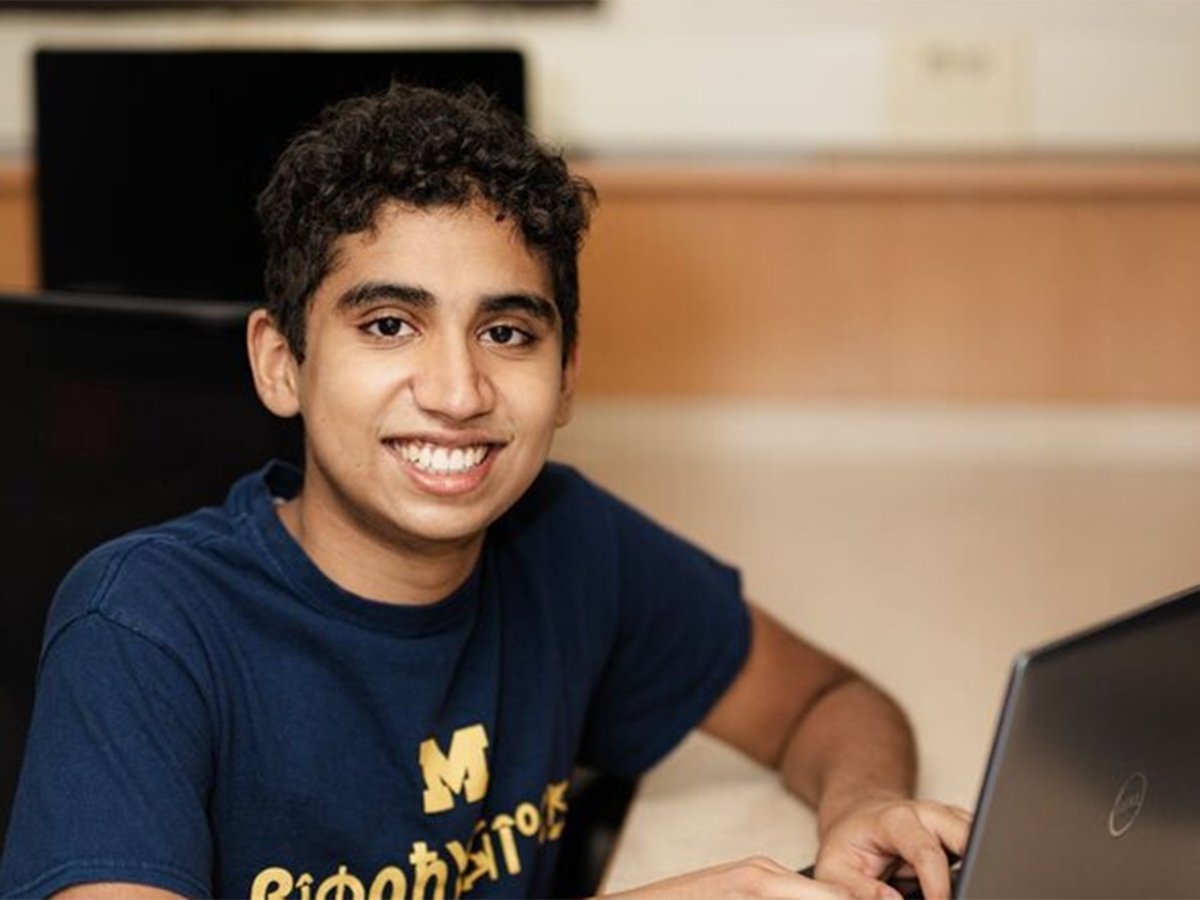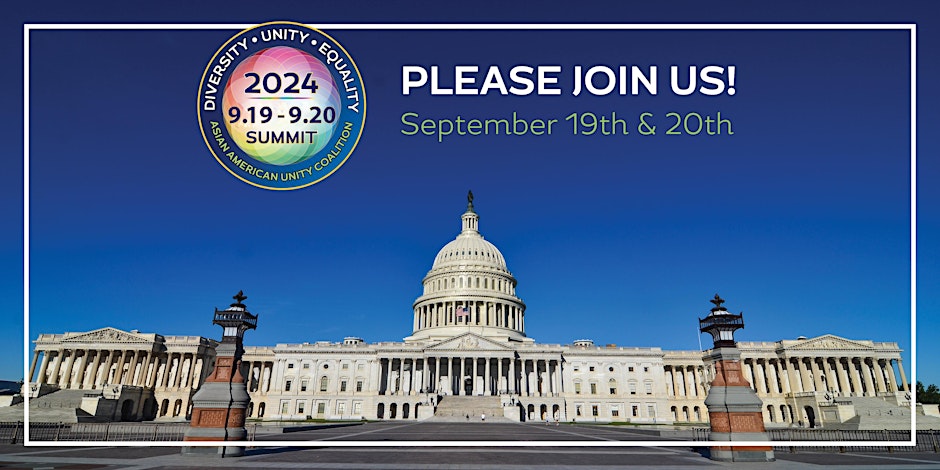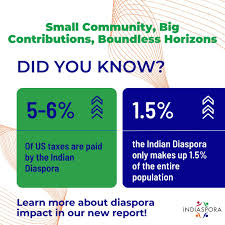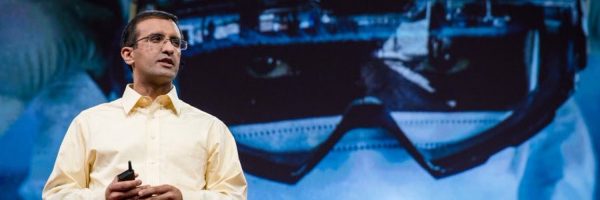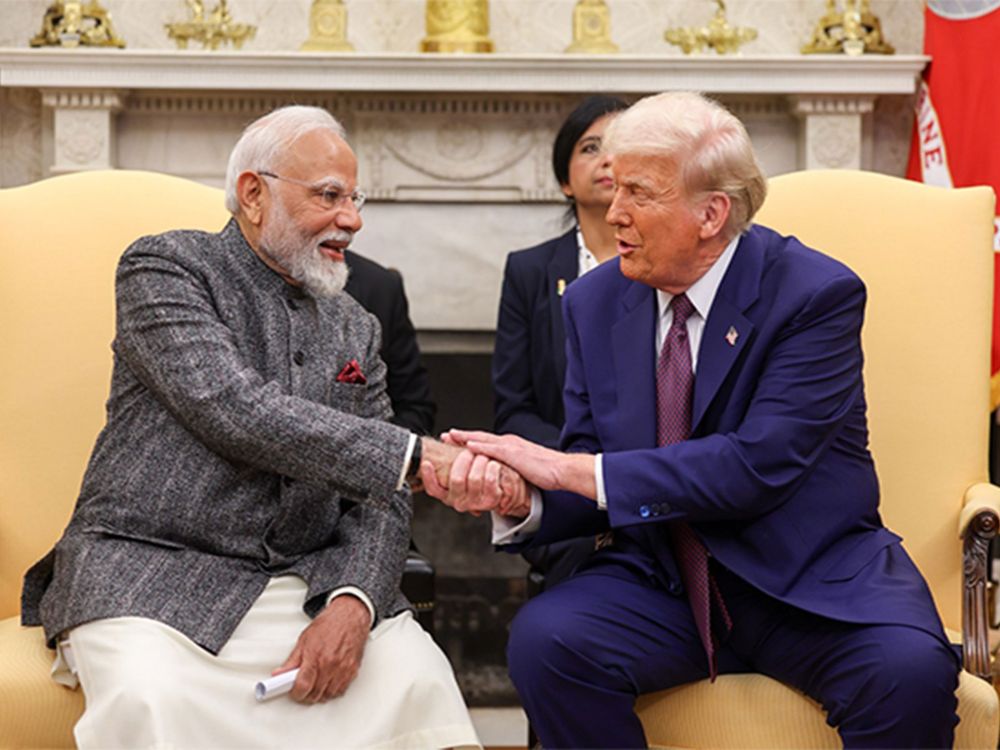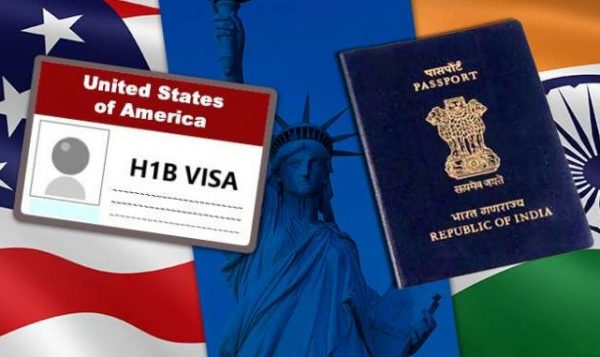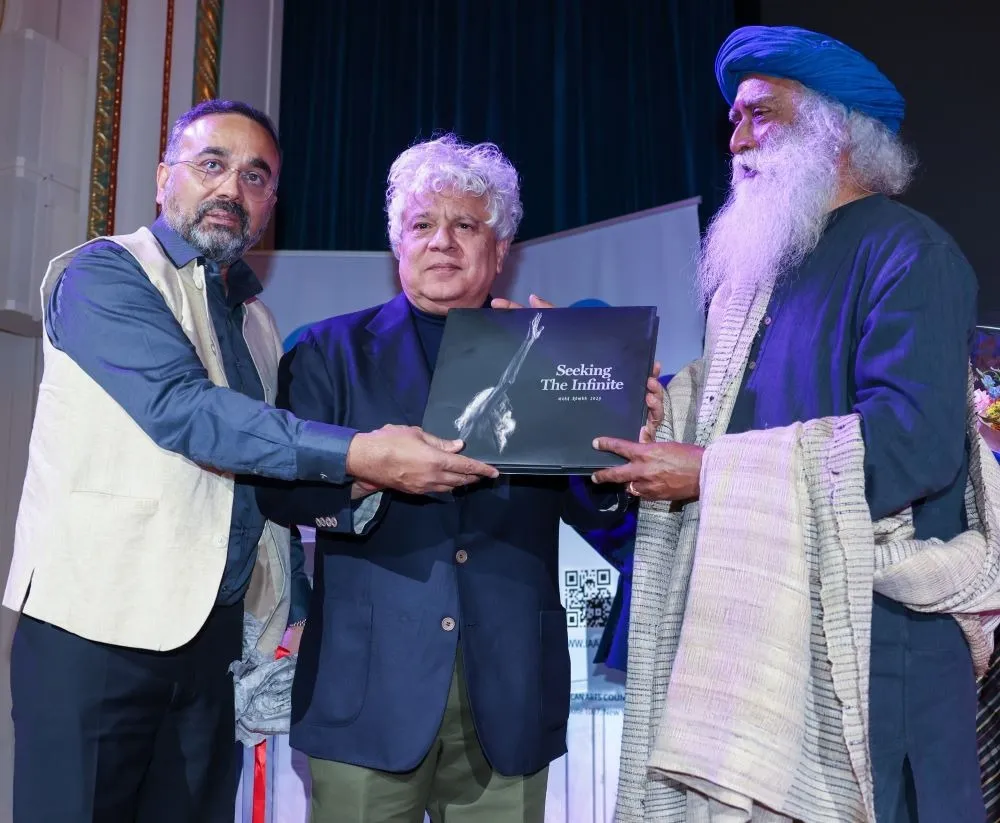Our Bureau
New York
Neel Moudgal, has been announced the winner of the prestigious high schoolers’ science prize of $250,000 for developing a computer model to predict the structure of RNA molecules that can aid in quickly diagnosing diseases.
The winners of the Science Talent Search programme originally sponsored by Westinghouse and now associated with the current sponsor Regeneron have won 11 Nobel Prizes and two Field Medals for mathematics
According to the Society for Science that ran the competition sponsored by Regeneron Pharmaceuticals, Moudgal’s computational biology and bioinformatics project “can rapidly and reliably predict the structure of various RNA molecules to facilitate the development of novel diagnostics and therapeutic drugs for diseases such as cancer, autoimmune diseases and viral infections”.
Neel created a computer model that can predict the structure of RNA molecules using easily accessible data, an invention that could make it easier to diagnose and treat certain diseases. The prize was announced at a gala during Regeneron’s annual awards banquet in Washington, DC.
The existing tools rely on assigning chemical shift values to each atom in a molecule, which is sometimes impossible, according to a release by Regeneron. Moudgal’s model contains a variety of shapes for an RNA molecule based on its atomic structure. He also wrote a review paper on oxygen evolution reaction electrocatalysis for CO2 reduction.
Ambika Grover, also 17, was ranked 6th for an $80,000 award and Siddhu Pachipala, 18, placed ninth for a $50,000 prize.
About 2,000 high school students competed in the Science Talent Search with 40 selected for the final round.
Grover developed an injectable micro-bubble to break up blood clots and treat stroke victims by restoring the blood flow to the brain.
Pachipala used machine learning to assess a patient’s suicide risk.
By analysing a patient’s journal entries the semantics in an individual’s writing could be correlated with their psychological health and risk of suicide.
Pachipala, was also awarded the Seaborg award.
George Yancopoulos, the co-founder and president of the New York State-headquartered Regeneron, was himself the Science Talent Search winner in 1976.
















